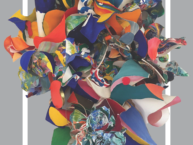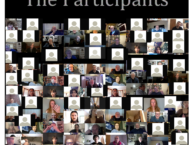Marcus D. Pasay ’12 is spending the summer working with Christopher Williams, assistant professor of geography, to study carbon, water, and energy fluxes in recently disturbed forests.
“Marcus is a great addition to our research team,” said Williams. “Thanks to a junior-year study away experience in Australia (School for Field Studies), he joined us already trained in field methods for assessing rates of carbon dioxide emissions from decaying wood in various environmental settings. This is a great fit with our project.”
According to Clarisse Hart, outreach and development manager for Education and Research Programs, the applicant pool for the 2011 Harvard Forest summer research program was “one of [their] most competitive to date.” They chose 30 students from a pool of over 500 applicants. The program trains students in hands-on, field-oriented ecological science, and is funded by the National Science Foundation.
“These undergraduate research assistants provide support for the long-term ecological research projects being carried out by a variety of scientists connected with Harvard Forest,” said Williams.
Professor Williams’ research is helping to uncover how climate is influenced by the way we manage lands in New England, particularly the climate effects of cutting forests.
“Thanks to the hard work of Marcus and his field work partner, Katharine Chute from Harvard University, we will gain new insights about factors controlling carbon emissions from wood decay after clearcut harvesting,” said Williams. “The two braved long, hot days and thickets of thorns to collect these critical data, and we are grateful for their dedication to the project.”
Williams commended Clark Geography PhD student Melanie Vanderhoof for her efforts overseeing the project, training Pasay and Chute in the field techniques and getting them involved in the data analysis.
This summer’s project, “Woody Debris Decomposition Dynamics in a Post-Harvest Chronosequence,” is also being supported by a Geller Student Research Award Vanderhoof received through the George Perkins Marsh Institute this spring.
Pasay is a member of Clark’s Class of 2012. He majors in environmental science.






